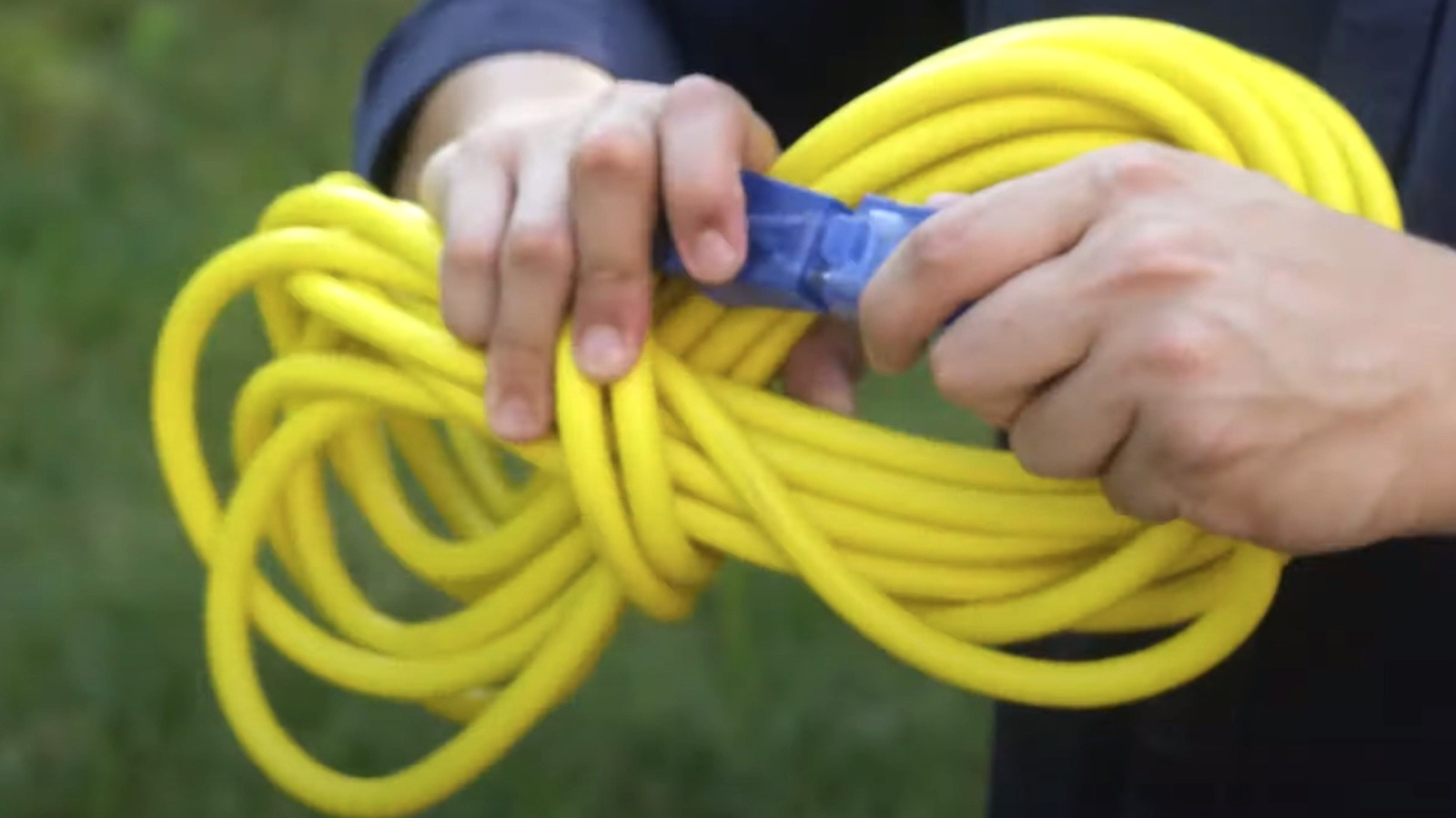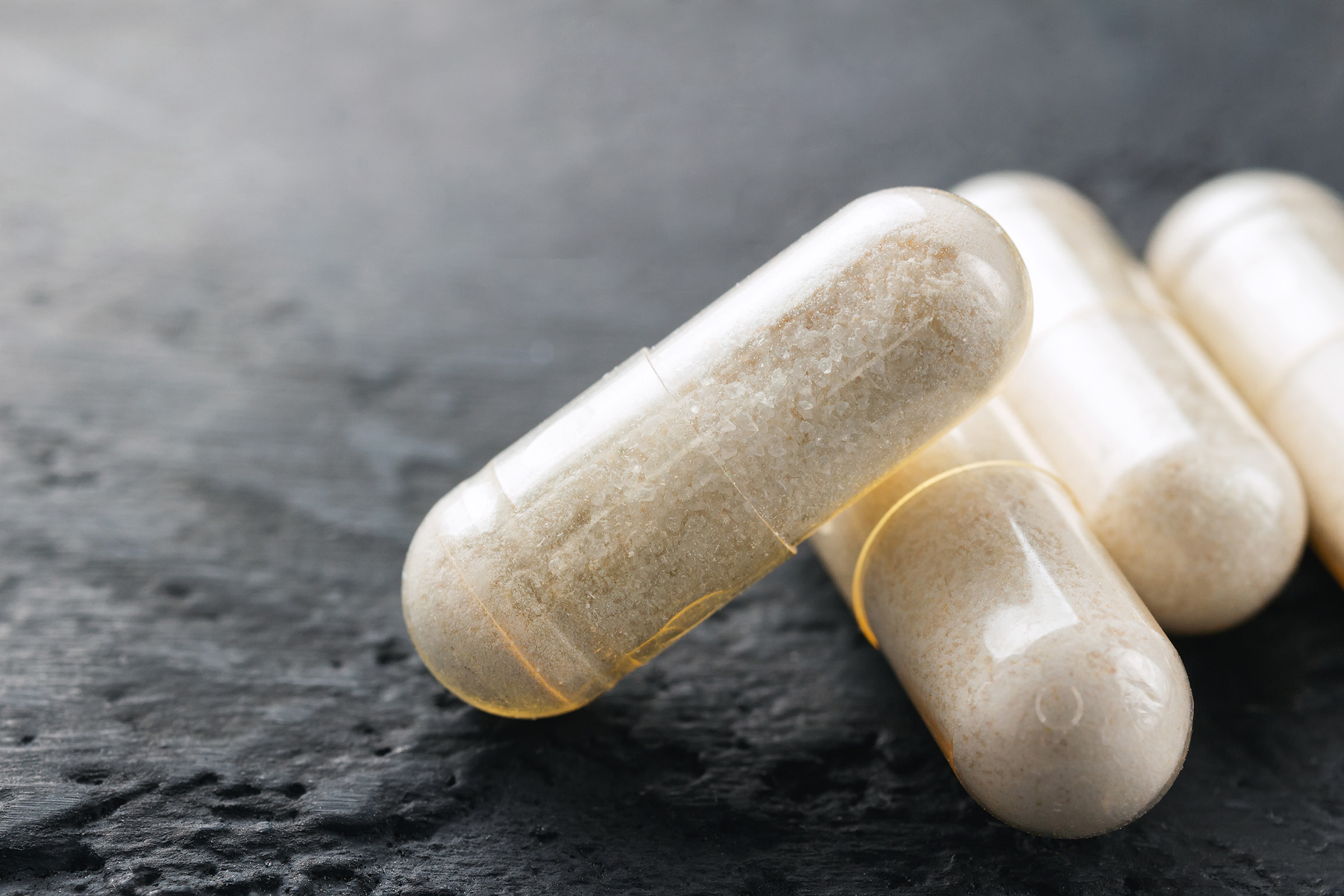No-needle COVID-19 vaccine trial seeking participants

More than 300 people are currently being recruited for the testing of a no-needle COVID-19 vaccine that’s made in Hamilton. This particular vaccine, formally named ChAd-triCoV/Mac, is inhaled instead of injected. The vaccine is being developed at McMaster’s Robert E. Fitzhenry Vector Laboratory—the university’s immunology research centre—and is “entirely Canadian… with Canadian participants, at Canadian research sites.” The original call for participants went out in March, with 30 participants enrolled at the Hamilton site so far, AeroVax told CTV News Toronto. In total, the AeroVax study is looking for 350 people between the ages of 18 to 65 in Hamilton, Ottawa and Halifax, who have received at least three doses of a mRNA COVID-19 vaccine like Pfizer or Moderna, according to an AeroVax release. Aerovax says the inhaled vaccine was “more effective at inducing immune responses than traditional injected vaccines because it directly targets the lungs and upper airways.” The vaccine started Phase 1 with 36 participants. Phase 1 verified that there were no major side effects, AeroVax says, and also helped to verify the appropriate dose for Phase 2. Further details of Phase 1 will be available as soon as the study’s findings are published, AeroVax says. “While the current, needle-based COVID-19 vaccines have prevented a tremendous amount of death and hospitalization, they haven’t really changed a lot of people’s experience with getting recurrent infections,” Fiona Smaill, one of the lead researchers, said in a release. “So, we’re looking to change that by providing robust protection directly at the site of infection.” The testing will enter Phase 2 once the 350 recruits are selected. Two-thirds of the participants will receive the vaccine, while a third will get a placebo. Participants must be free of lung disease and asthma, have not had COVID-19 in the past three months, have not received the AstraZeneca or Johnson & Johnson vaccine, have not used inhaled steroids and cannot be immunocompromised. Participants will need to commit to four or five in-person visits over eight weeks. Four of the visits will require giving blood. The inhalation of the vaccine requires about two minutes of regular breathing, according to Aerovax’s website. Participants will also be asked to record their temperature and report any side effects in the week following their vaccination. Funding comes from the Canadian Institutes of Health Research (CIHR), which will provide $8 million for the upcoming phase. If Phase 2 is successful, researchers hope to move to Phase 3 tests, which will use a larger test group and “ultimately position the vaccine for market approval.”



















